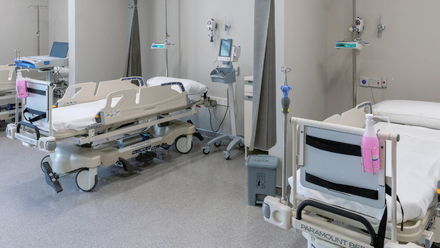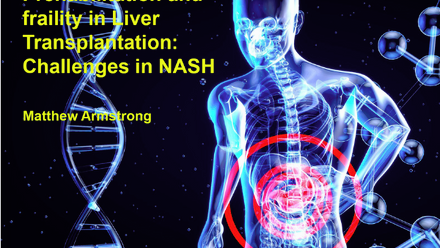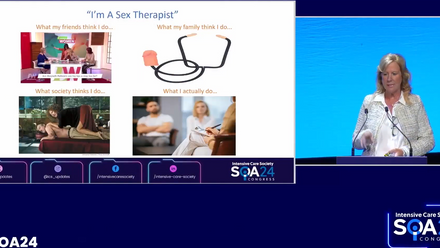There is an increasing recognition that COVID-19 may result in neurological presentations, complications and sequelae, through a variety of mechanisms including the following: direct viral infection; a variable (but occasionally substantial) burden of hypoxia and hypotension; hypercoagulability, resulting in large vessel occlusion and stroke, or microvascular obstruction and ischaemia; the consequences of a hyperinflammatory syndrome; autoimmune processes triggered by the infection; and the psychological stresses associated with the illness. All of these may cause neurological, psychiatric, and psychological health issues.
Despite multiple case series, rigorous data on the scale, severity and spectrum of COVID-related neurological and psychiatric problems in patients and the general population are lacking. An initial case series3 reported “neurological findings” in over 35% of a cohort of 214 patients but included softer clinical features such as dizziness and headache under this rubric. Several subsequent smaller case reports or series focused on individual presentations such as stroke and autoimmune neurological disease.



